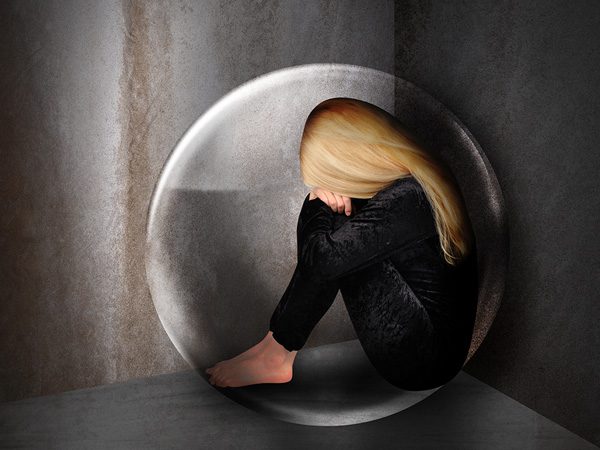
Trauma & Addiction
Some people fall victim to others’ behavior. Children who are sexually, physically, and emotionally abused do not have too much say in the matter and may carry these feelings of victimization into adulthood. Adults who fall prey to sexual, physical, and/or emotional abuse are also victims of someone else’s behavior. Individuals who are victimized are more likely to suffer from PSTD (post-traumatic stress disorder) and may have co-occurring disorders, including addiction, that help them cope with suppressed feelings.
Because trauma can be so devastating, it can be easy for some people who have suffered trauma to fall into “victim mentality.” Someone who has a victim mentality does not believe they have the power to overcome their trauma. As a result, they do not work to address it. They may even get stuck in it, unable to break the cycle of victimhood in their minds even long after the trauma has passed.
Victim mentality can also affect people who have not suffered major trauma. Anyone who puts all of their energy and thoughts into the bad things that have happened to them or the ways they have been poorly treated can victim mentality. They cannot take responsibility for their feelings and/or actions and have trouble letting things go and moving on with their life. They may get into the habit of blaming all of their problems on other people or situations. Many people who suffer from addiction are also stuck in a victim mentality.
People with a victim mentality tend to blame others for their addiction.
It is always someone else’s fault. They cannot see the consequences of their own behavior, actions, and choices. They let the actions of others control their emotions. In addiction treatment, a person learns to take control of their own reactions and responses. They learn to think outside of themselves and notice how their behavior might affect others. They start to develop more empathy toward others. They learn to accept others as they are, to accept mistakes that have been made, and to forgive.
Letting someone else’s actions control your life only continues to give that person power.
